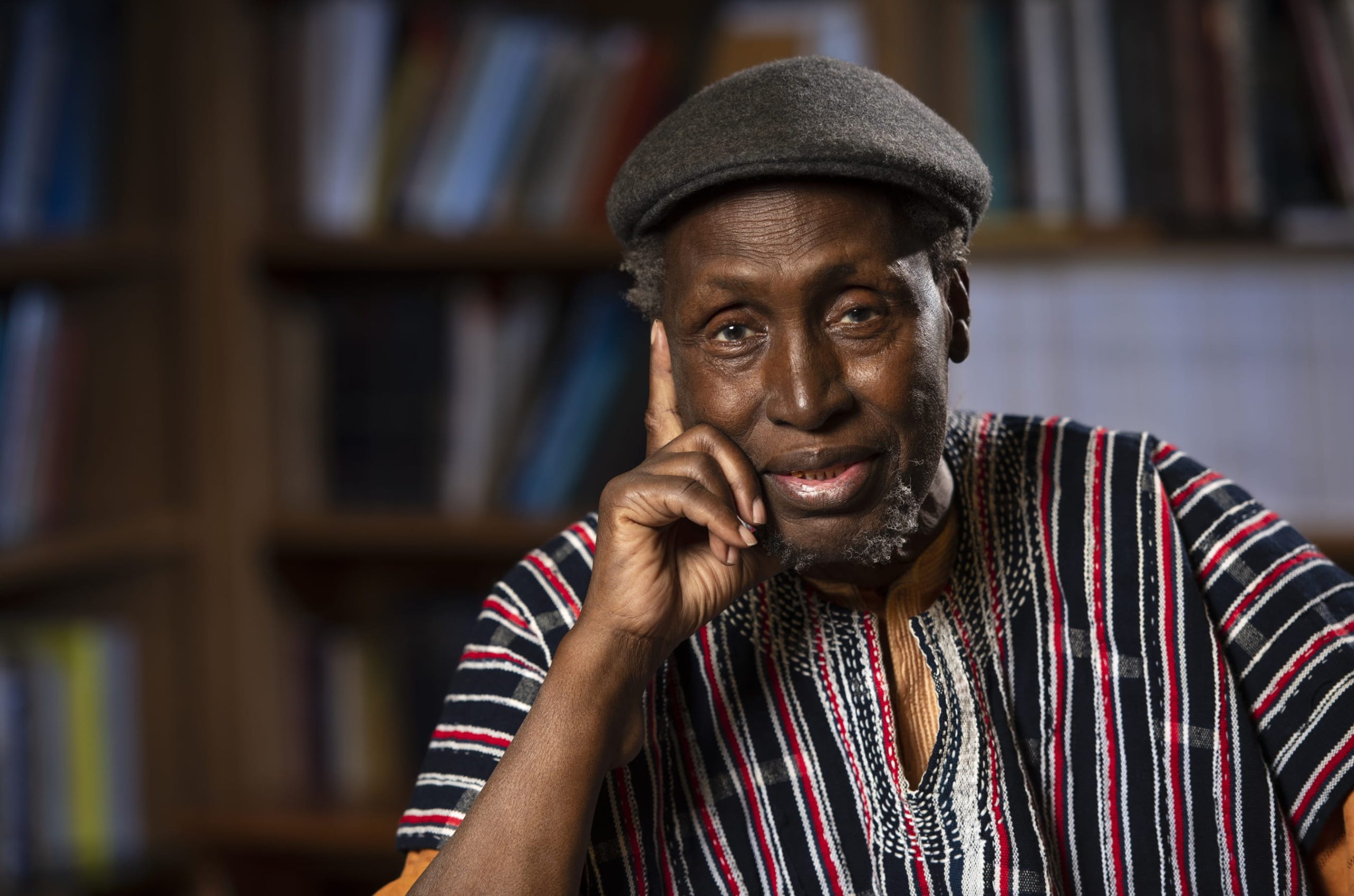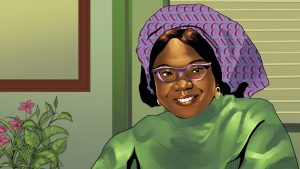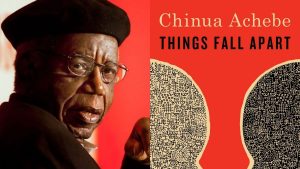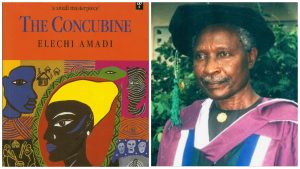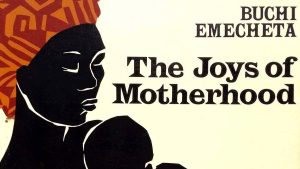One of the most well-known writers in Africa, Ngugi wa Thiong’o pushes boundaries between fiction, political activity, and cultural critique. Born James Ngugi in Limuru, Kenya, in 1938, Ngugi embraced his indigenous name in the 1960s as a protest against colonial impact and a claim of African identity. Over five decades of literature have seen a great dedication to investigate the effects of colonialism on African communities, the fight for independence, and the use of language in cultural emancipation.
Ngugi has produced a great and diverse body of work including essays, plays, novels, and critical pieces. But his most well-known piece still is the 1967 publication A Grain of Wheat. Along with confirming Ngugi’s position as a top African writer, this book became a classic work in the canon of postcolonial literature.
Early Years and Literary Starting Point
Born into a big family in Kenya’s Kikuyu area at a period of major political and social change, Ngugi wa Thiong’o was The violent battle against British colonial control in Kenya, the Mau Mau Uprising, had a profound impact on his early years. Witnessing the terrible persecution of the Kikuyu people and the extensive displacement and suffering during this time made a lasting impression on Ngugi’s awareness and subsequently guided much of his creative output.
Ngugi studied at Makerere University in Uganda then the University of Leeds in the United Kingdom. Ngugi created his first significant work, Weep Not, Child (1964), the first book ever published in English by an East African author, while attending Makerere. Like most of his early works, this one explored colonialism, the fight for independence, and how these forces shaped personal life.
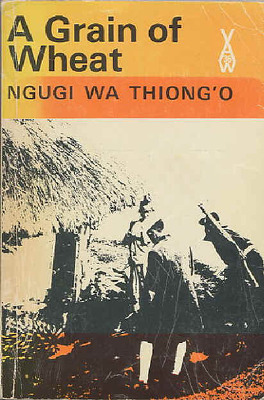
A Grain of Wheat: Ngugi’s Masterpiece
Among Ngugi’s other highly praised books, A Grain of Wheat is his most important and timeless one. Set in the years before Kenya’s freedom from British control, the book deftly examines the psychological and moral complexity of the anti-colonial fight. Reflecting the larger tensions and ambiguities of a civilization on the verge of a new age, this work blends historical narrative with thorough character study.
Plot Overview
Set in a Kenyan community during the closing days before the nation’s 1963 independence, A Grain of Wheat The book blends the narratives of numerous people whose fight against colonial control has fundamentally changed their life. The story revolves around Mugo, a lonely and reflective man with a great secret: he turned on his fellow freedom warrior, Kihika, to the British authorities, therefore causing Kihika’s death.
The villagers want to remember Kihika’s legacy and the countless sacrifices made throughout the battle as they get ready to celebrate Uhuru, or independence. But the approaching festivity also reveals moral uncertainty, personal betrayals, and latent conflicts. The emotional center of the book is Mugo’s inner struggle and disclosure of his treachery, which begs issues like guilt, atonement, and the real cost of freedom.
Themes and Symbolism
Rich in ideas that really speak to the realities of postcolonial nations is A Grain of Wheat. The intricacy of heroism and the moral uncertainty of the anti-colonial fight constitute one of the main subjects of the book. Ngugi presents people that are profoundly human—flawed, conflicted, and capable of both tremendous heroism and horrific treachery, therefore subverting the conventional wisdom about the freedom warrior as a perfect hero.
The book also looks at the idea of sacrifice—personal as well as collective. The title itself is a scriptural parallusion to the Gospel of John, in which Jesus describes a grain of wheat that has to die to generate many seeds. This allegory challenges the cost of such efforts and the long-lasting effects they leave on those who survive even as it depicts the sacrifices people make for the sake of the country.
A Grain of Wheat has very strong symbolic usage by Ngugi. One may see the figure of Mugo as a metaphor of the split self—that which is caught between the necessities of group battle and personal survival. With its splits, betrayals, and times of togetherness mirroring the larger political and social issues Kenya faces as it approaches independence, the village itself stands for the country.
Language and Style
Deep psychological understanding, a sophisticated story framework, and lyrical language define Ngugi’s A Grain of Wheat literary approach. Using a non-linear chronology, the book moves between past and present to expose the linked histories of its individuals. This narrative approach lets Ngugi investigate the ways in which individual and group history entwine and how the past still shapes the present.
Ngugi’s work is famous for its linguistic utilization among other things. Although A Grain of Wheat was first written in English, Ngugi eventually deliberately decided to write mostly in his native Kikuyu tongue. This change fit his larger criticism of the linguistic and cultural imperialism enforced by colonial forces. Ngugi aimed to counter the predominance of European languages in African literature by recovering indigenous languages, thereby empowering African voices.
Impact and Legacy
Considered as one of the most significant pieces of African literature, a Grain of Wheat is very Its deep character development, subtle depiction of the complexity of decolonization, and examination of the moral and psychological aspects of the anti-colonial movement have drawn recognition for its Universities all throughout the globe have examined the book, which is still a pillar for debates of postcolonial philosophy and African history.
The impact of Ngugi wa Thiong’o transcends his creative successes. Renowned intellectual and political activist as well, he is well-known for his candid critique of neocolonialism and support of African cultural and educational decolonization. Globally as well as in Africa, his writings have motivated generations of authors and intellectuals to critically interact with the remnants of colonialism and dream fresh possibilities for political and cultural emancipation.
Conclusion: Ngugi wa Thiong’o’s Enduring Relevance
Not just as a historical fiction but also as a great investigation of the human condition in times of political change, Ngugi wa Thiong’o’s A Grain of Wheat is still an important and current work. The book gives readers a great awareness of the hardships and sacrifices involved in the battle for independence by means of its sophisticated characters, rich symbolism, and gripping story.
Ngugi’s writings invite young readers to interact with African history and consider the continuing difficulties of postcolonial nations. In a world still feeling the consequences of colonialism, his dedication to cultural reclamation and criticism of colonial legacies still ring true. Ngugi wa Thiong’o is thus a towering person in African literature whose work will inspire and challenge readers for next centuries.
Please read all our stories on African Literature here
